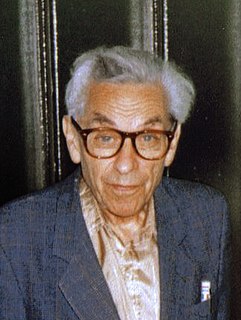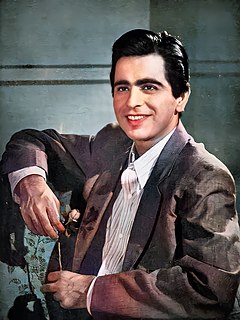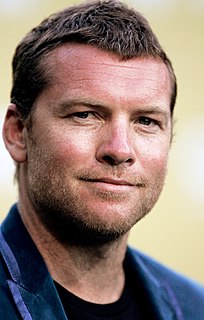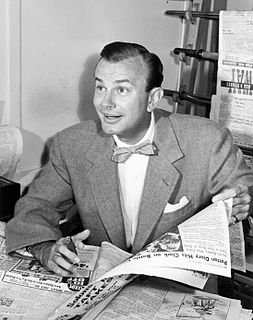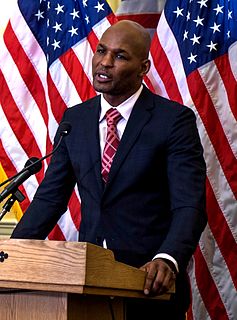A Quote by Dorothy L. Sayers
I gather that he nearly knocked you down, damaged your property, and generally made a nuisance of himself, and that you instantly concluded he must be some relation to me.
Related Quotes
God picks you up. You don't pick yourself up. You're the one who knocked you down or even if somebody else knocked you down, your willingness to believe that what they said had value, was your conspiring with them, with their effort to knock you down - I've never been able to get myself up and I've noticed that every time I ask God to pick me up - he does.
I do believe any hero is a person that can be knocked down. A failure isn't a person who gets knocked down; a failure is a person who stays down, and to me, the great heroes take the beating, get knocked down and stand back up again. Perseus is defined as one of the great heroes in literature, so you gotta take that on board.
The protagonist of Fourteen Stories, None of Them Are Yours doesn’t make it easy for us, channeling as he does Barry Hannah and Denis Johnson by way of Rick Bass and Dennis Hopper, and self-presenting as yet another damaged romantic who thinks it’s always time to play the cowboy, skating in and out of sense. He can’t see right, and he’s haunted by nearly everything. He’s trying to open up or shut himself down or at least get a hold of himself. He’s trying to make do with what he’s done, while he reminds us that we’re all, one way or another, in that position.

